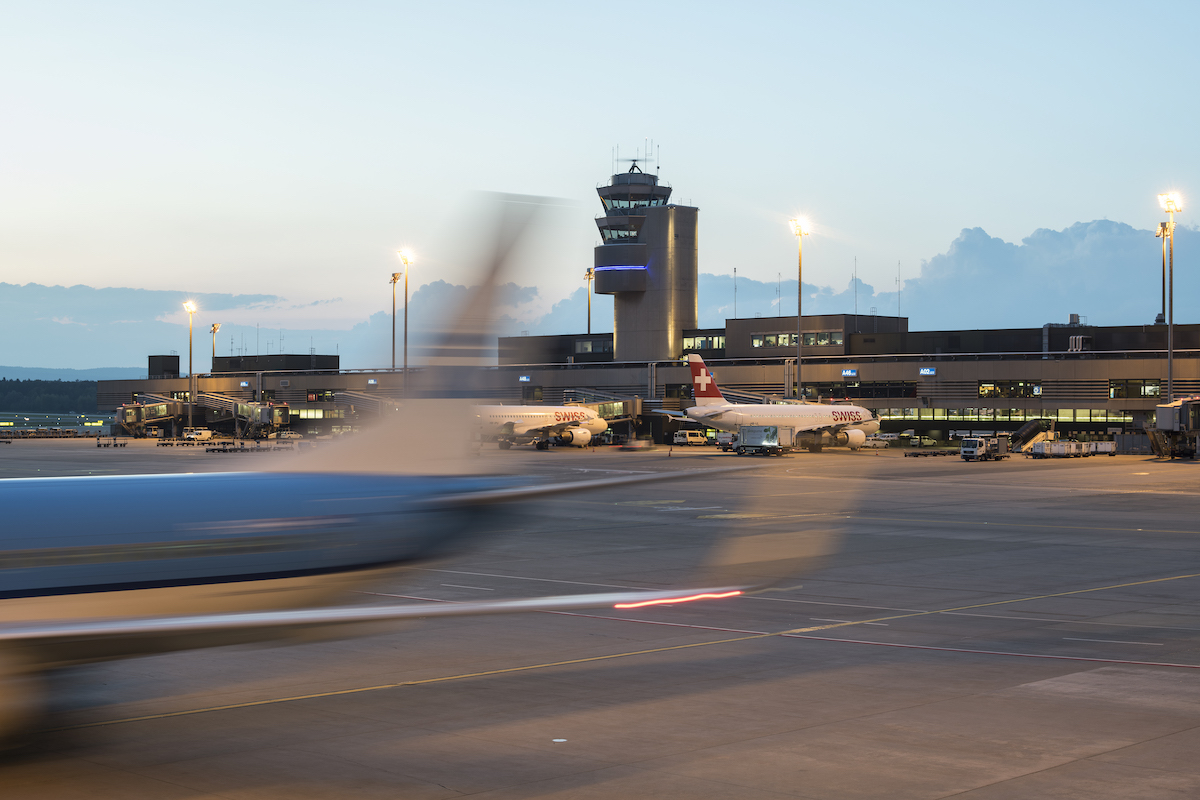Europe's Air Traffic Controller Shortage Delays Flights, Slows Recovery

Skift Take
The morning of Monday, July 24, did not start out well for Swiss International Air Lines. Thunderstorms — the bane of all airline operations — hit its home base of Zurich a little before 7 a.m. local time and temporarily halted flights at the airport.
The ground stop delayed many of Swiss' first flights of the day from getting out on time, and that cascaded into what Head of Operations Steering Mark Ansems said was the carrier's "worst" operational days of the summer so far. Additional thunderstorms, and ground stops, throughout the day only exacerbated the situation. The result was roughly 60% of all of Swiss flights operating at least 30 minutes late and 7% cancelling.
“There was no way to recover," Ansems told Skift. "What happened that day is an unacceptable figure."
Swiss, and all European airlines, face more challenges than just weather this summer. A shortage of air traffic controllers across Europe is contributing to an increase in flight delays that are affecting travelers across the continent and costing airline millions of euros.
Air traffic flow management, or ATFM, related delays — or when air traffic is limited through a certain area of the sky — were the second largest contributor to flight delays in June and July, according to data from European airspace manager Eurocontrol. The duration of these delays increased 6% from last year. Airline-specific issues were the number one cause of delays, the data shows.
At the same time, air traffic — measured in number of flights — was up 7% year-over-year in June and July, Eurocontrol data show, though still down from 2019.
“Seas
